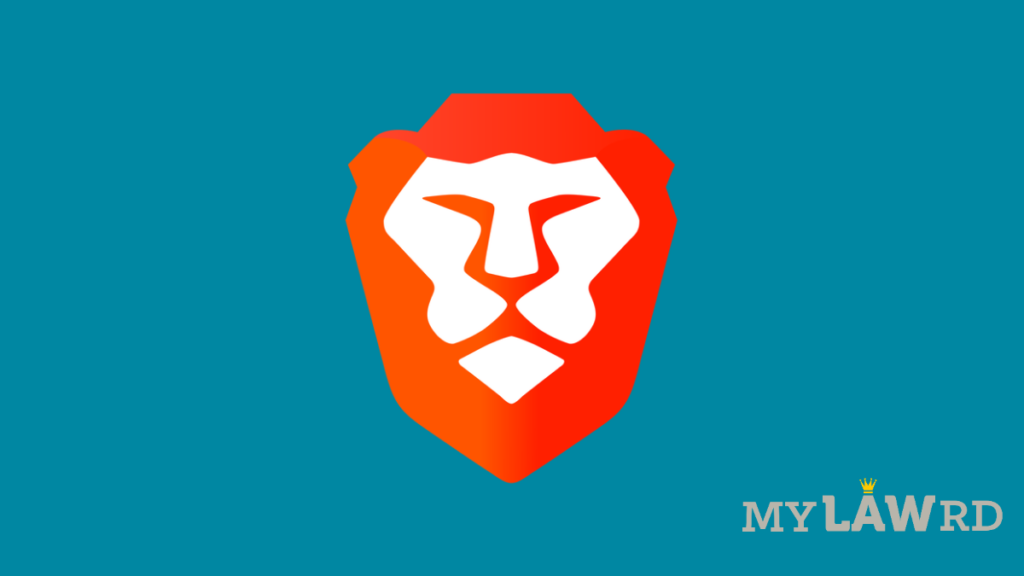Brave Browser has replaced Google as the default search engine with its own no-tracking privacy-focused Brave Search. The new search engine is live for users in five locations.
Brave is an open-source Chromium-based browser that prioritizes user privacy by blocking advertisements and tracking scripts automatically and removes Chromium’s privacy-invading features.
The New Default
When searching from the address bar, Brave formerly used Google as its default search engine. Google, however, is notorious for tracking users’ activities, behavior, and interests. Brave has opposed Goggle’s intrusion into user privacy for a long time. Therefore, Google search could never be a good choice for a privacy-focused browser. Brave also opposed Google’s new FLoC framework for targeted ads.
Brave Search has now become the default search engine for new users in the United States, Canada, and the United Kingdom. It also replaces Qwant in France and DuckDuckGo in Germany.
Technical specifications
Brave browser rolled out this update on 19th October 2021. In its blog post, it said, “Today’s Brave desktop browser update (version 1.31), as well as the Brave Android app (version 1.31)* and the Brave iOS app (version 1.32) all automatically offer Brave Search as the default for new users in these five countries, with fully localized versions in non-English geographies.”
By adjusting their search engine settings, users can quickly choose a new search alternative if they wish. Brave Search is presently ad-free, but it will soon become ad-supported. Brave claims that an ad-free premium version will be available in the future, but there is no information on how much the service will cost.
An impressive array of features
Brave Search claims to be a more privacy-centric search engine than Google. It has the following features:
- User privacy: no user monitoring or profiling.
- User-centered design: the user is prioritized over the advertising and data businesses.
- Independence: Brave has its own search index for discreetly answering common inquiries without the use of third-party services.
- Options: ad-free paid search and the ad-supported search will be available soon.
- Transparency: no hidden methods or algorithms to skew results, and shortly, community-curated open ranking models to ensure diversity and avoid algorithmic biases and outright censorship.
If you are thinking to move away from Google, you should read our recommendations on privacy-focused browsers.
Do subscribe to our Telegram group for more resources and discussions on tech-law and policy. To receive weekly updates, and a massive monthly roundup, don’t forget to subscribe to our Newsletter.

